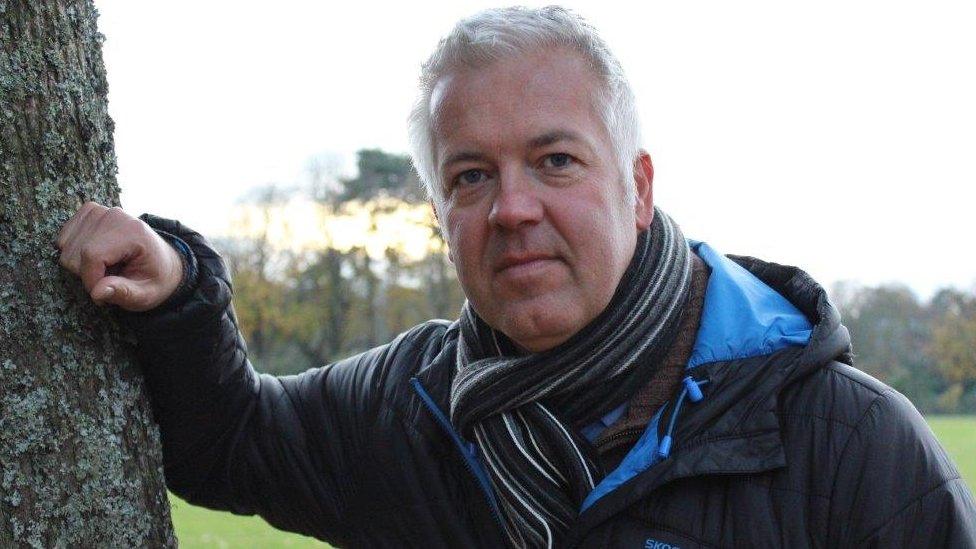'Different treatment' for sepsis depending on hospital
- Published

A killer condition linked to 1,500 deaths every year in Wales is not always being treated in the same way in Welsh hospitals, new research claims.
Sepsis can lead to shock and rapid organ failure following an infection.
A snapshot of 290 hospital patients showing signs of sepsis found only 12% were initially screened and treated in line with best practice.
Health Secretary Vaughan Gething said more needed to be done and he was "open minded" about potential options.
Last year, more than 7,500 people were admitted to hospitals with sepsis.
It can be treated effectively with antibiotics - if spotted quickly enough.
Research, due to be published later this week, was led by intensive care consultant Dr Tamas Szakmany.
"We have seen in our study this year there was big variation in how the clinical teams were responding to sepsis," said Dr Szakmany.
"There are important pockets of very good practice and we have seen there are hospitals, there are health boards, where the response is less good."
The issue is the focus for BBC Wales' Week In Week Out programme, following Welsh weatherman Derek Brockway as he explores how his own father Cliff died of sepsis last year.

'I'm frightened - I don't feel well'
Michelle Christopher tried to save her daughter Chloe who collapsed after suffering multi-organ failure and cardiac arrest brought on by sepsis
On 30 December 2014, 17-year-old Chloe Christopher collapsed and died after developing sepsis.
Her mother Michelle told Derek Brockway about the heartbreaking last moments of her daughter's life.

The Welsh health secretary told the forecaster: "We have got a health improvement programme.
"We are the first country within the UK to have this early warning score system... but it has always been about how consistently that has been adhered to.
"If we level out that variation, we will end up saving more lives. So I wouldn't pretend to you or anyone else that we are perfect where we are."
Mr Gething said he is considering whether to make hospitals screen patients with symptoms in the same way.
"I am open minded to that, absolutely," he said.
"I am not going to run away from choices to be made about improving the service."
Early indications from the second annual snapshot by Dr Szakmany's team, expected to be published next year, suggest there has been an improvement.
- Published28 November 2016

- Published26 January 2016

- Published13 July 2016
